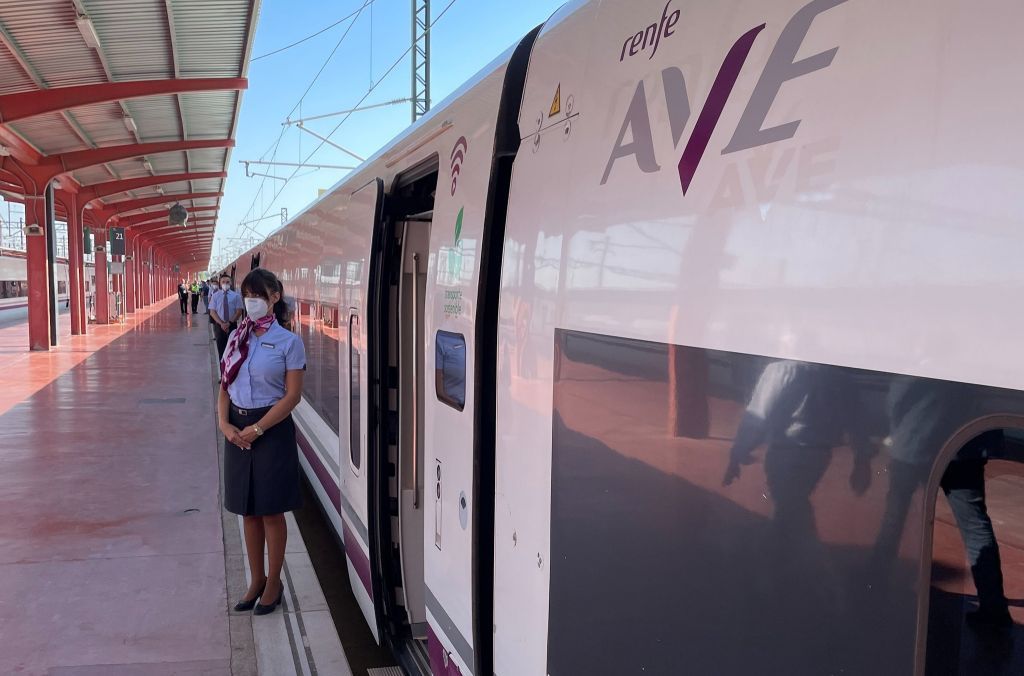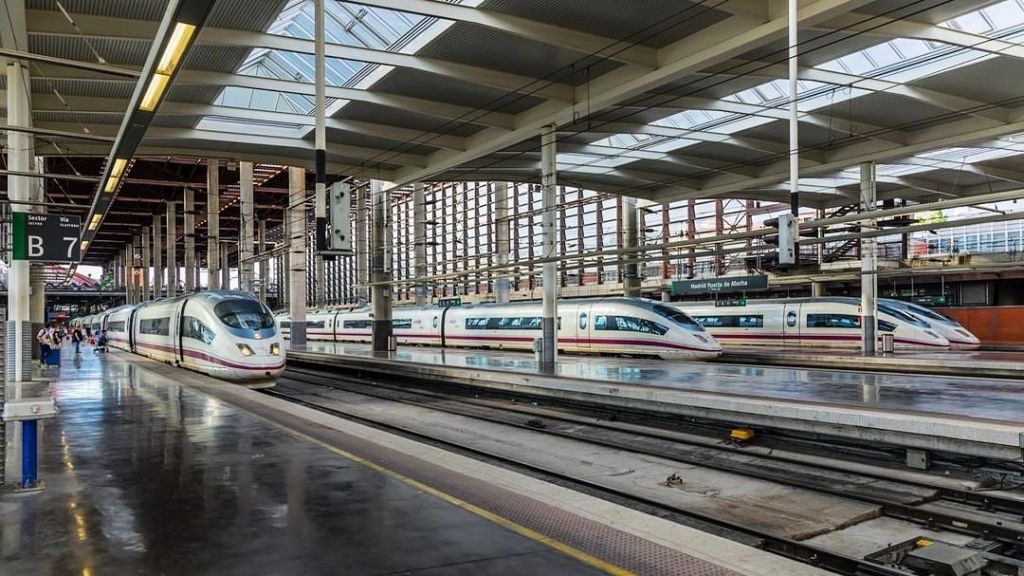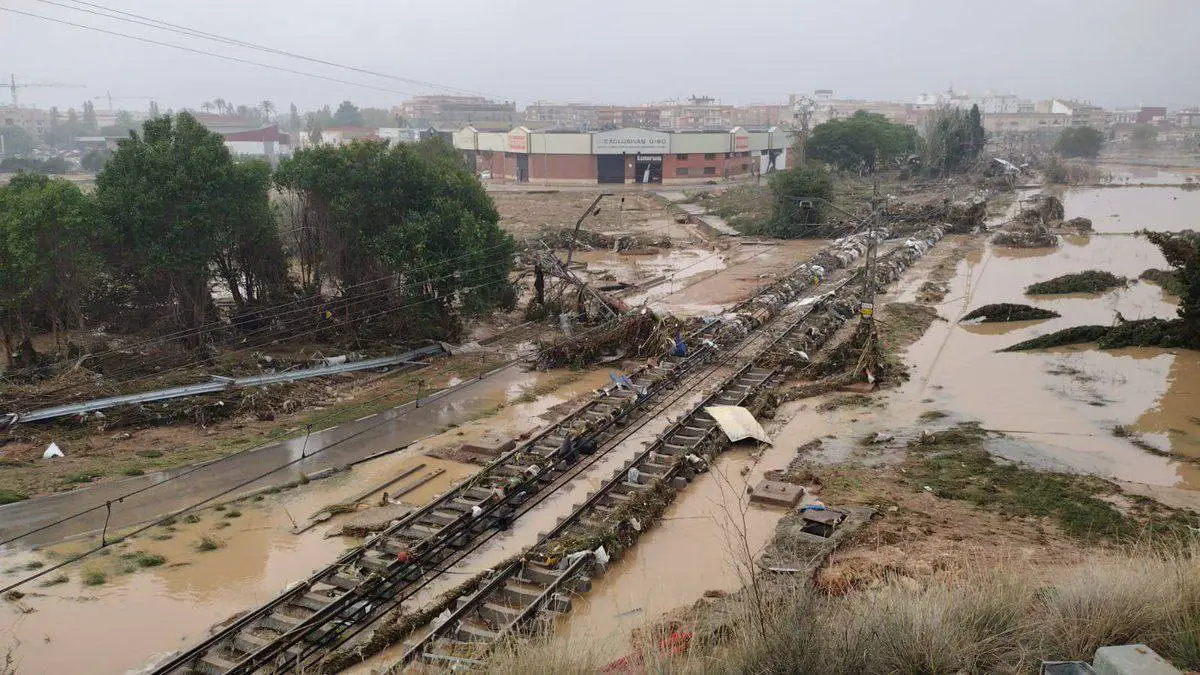A new electrical fault at Madrid’s Chamartín station has thrown high-speed rail services into disarray once again, causing significant delays for passengers traveling to and from the Valencian Community.
As the situation at the station worsened, Renfe took immediate action by diverting some of its trains to the Atocha station in an effort to mitigate further disruptions.
According to Renfe, two high-speed trains—one from Valencia and another from Alicante—have already been rerouted to Atocha station. This decision was made to prevent further congestion and delays at Chamartín, which has been plagued by multiple incidents in recent months. ADIF, Spain’s railway infrastructure manager, is also reportedly in discussions with other railway companies to adopt similar measures.
Delays and Disruptions
As of the latest reports, two trains managed by Renfe that were bound for the Valencian Community were affected by the electrical fault. One train was delayed by 48 minutes, while another experienced a 30-minute delay. The breakdown at Chamartín has impacted three key lines—19, 20, and 21—used by high-speed trains in and out of Madrid since 3:35 p.m. Fortunately, other lines, numbered 14 to 18, have remained operational.
To manage the crisis, a six-point protocol has been activated at Chamartín station:
•Regulation of Passenger Access: Measures are in place to prevent overcrowding at boarding times.
•Increased Security Patrols: Additional security personnel have been deployed to assist passengers.
•More Passenger Assistants: The number of professionals available to help passengers has been increased.
•Enhanced Public Address Announcements: Frequent updates are being provided to keep passengers informed.
•Assistance for Vulnerable Passengers: Special services have been activated to support passengers with mobility challenges.
•Involvement of State Security Forces: The National Police, including a mobile brigade and an intervention unit, have been called in to maintain order.
The ongoing issues at Chamartín station are raising concerns among travelers and officials alike. While the immediate diversion of trains to Atocha offers some relief, the situation underscores the need for a more permanent solution to the infrastructure problems plaguing Madrid’s high-speed rail network.
Passengers are advised to check for updates and allow extra travel time as further delays and changes are anticipated until the electrical fault is fully resolved.















